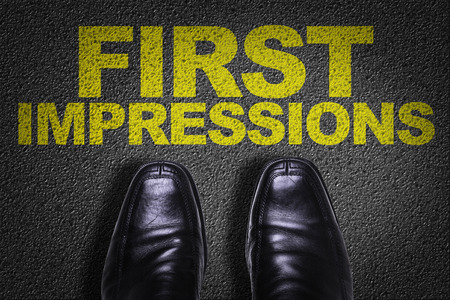Sell Yourself is a consulting and coaching business that offers personalised guidance to people seeking the next step in their career paths.
From first-time job seekers to seasoned professionals across any industry..
We can help YOU

“Taking your next career step is a big deal. It can be intimidating, confusing, and stressful. Our purpose is to support you all the way, helping you to ‘Sell Yourself’ and realise your career goals”

While online guides and tip-sheets can be useful, We support you as an individual. With your experience, your background, your needs, your style and your aspirations.
After all, it’s not about everyone else. It’s about YOU
 Services
Services 
“How can you help me?”
Our services are tailored to your needs.
Whether you want comprehensive support throughout the entire spectrum of the job search process, or specific areas to give you a competitive advantage, we can help.
"I want a change but where do I start?"
"How can I make my application stand out?"
"How do I put my best foot forward and nail my interview?"
"How do I secure the best deal for myself?"
 NDIS
NDIS 
Sell Yourself Pty Ltd is a registered provider to the NDIS
We offer Employment-Related Support services to participants in the National Disability Insurance Scheme that covers:
- Assistance to Access and Maintain Employment or Higher Education
- Employment Related Assessment and Counselling
- School Leaver Employment Supports (SLES)
It’s about RESULTS (not just reports)

The philosophy is simple.
Employment support is nothing without achieving results. Specific, meaningful, achievable results that see people succeed in their career aspirations. Reporting and compliance is absolutely necessary to ensure we work with our clients appropriately and as a fundamental requirement of our NDIS Registration. But what good is a wonderfully compliant NDIS report and other well-written documents to someone if they’ve spent their NDIS budget on a service that hasn’t seen them progress in their career?
We WILL support you every step of the way. And back ourselves that you WILL succeed in your career aspirations with our support.
 Testimonials
Testimonials 
 ABOUT
ABOUT 
GUY WILSON, FOUNDER – SELL YOURSELF
I am a sales-industry professional with extensive experience in the Recruitment industry. I have successfully placed a vast number of candidates across a wide variety of profiles with organisations ranging from small businesses to large-scale, blue chip corporations.
Combining my extensive knowledge of the recruitment industry, and helping people get from where they are to where they want to be (including successfully embarking on my own personal career change), I established “Sell Yourself” in 2020. “Sell Yourself” offers expert guidance and insights in helping people from all walks of life fulfil their own personal career ambitions.

- Extensive experience in the recruitment industry as a consultant, manager, and company director
- Recruited across a wide range of industry sectors including (but not limited to) IT, Retail, Finance, Health, Engineering & Construction, Government, Transport & Infrastructure
- Successfully supported the placement of jobseekers across a vast range of skillsets and seniority levels including
- Students/Graduates/Apprentices
- Trades Services
- White Collar Professionals
- Senior Management
- Executives
 insights
insights 
TIPS, TRICKS AND INDUSTRY REFERENCES THAT YOU MAY FIND OF INTEREST

Whether you're looking for love or a new career step, make the effort to make it happen.

(or in other words, how to avoid making a poor one)

"No thanks, I don't use recruitment agencies...." Perhaps you should reconsider..

Why candidates WITHOUT local experience can be the best for your business






